In Employment Division V. Smith The Supreme Court Was Interpreting The
Smith the specific matter at hand was whether or not an employer could deny. This was a controversial decision because it abandoned the compelling interest standard.
Once again the Supreme Court would be dealing with the application of First Amendment rights.
In employment division v. smith the supreme court was interpreting the. The fired employees claimed that use of the peyote was an important part of Native American religious ceremonies. United States Supreme Court. Respondents Alfred Smith and Galen Black were fired from their jobs with a private drug rehabilitation organization because they ingested peyote for sacramental purposes at a ceremony of the Native American Church of which both are members.
The broad disapproval that greeted Smith in 1990 culminated in 1993 with Congresss virtually unanimous enactment of. 53 decision for Employment Division Department of Human Resources of the State of Oregon et almajority opinion by John Paul Stevens. 2d 876 1990 US.
In the Employment Division v. When respondents applied to petitioner Employment Division for unemployment compensation they were determined to be. Alfred Smith and Galen Black were employed as substance abuse counselors by the Douglas County Oregon Council on Alcohol and Drug Abuse Prevention and Treatment a non-profit corporation known as ADAPT.
The Venetie Court still relied on its old cases to interpret the law. The case involved two Native Americans in Oregon who were fired from their job as drug counselors because they used peyote during a religious ritual. Case Summary of Employment Div.
Two members of the Native American Church were fired from their jobs for using the drug peyote because the drug was illegal in Oregon. Of Human Resources of Oregon v. Smith was one that proved to be complex in its nature for it had various concepts that had to be addressed in order to render a decision.
I have grave doubts however as to the wisdom or propriety of deciding the constitutionality of a criminal prohibition which the State has not sought to enforce which the State did not rely on in defending its denial of. On the basis of their employers policy prohibiting its employees from using illegal nonprescription drugs respondent drug and alcohol abuse rehabilitation counselors were discharged for ingesting a small quantity of peyote a hallucinogenic drug for. Mullally says there was a revolution in free-exercise cases in the 1990 Employment Division v.
Smith which had overruled the Sherbert v. Consider next the Religious Freedom Restoration Act which Congress intended to override the Supreme Courts decision in Employment Division v. We noted however that the Oregon Supreme Court had not decided whether respondents sacramental use of peyote was in fact proscribed by Oregons controlled substance law and that this issue was a matter of dispute between the parties.
Rule 855-80-021 3 s 1988. 872 1990 that the First Amendments Free Exercise Clause does not protect religiously-motivated behavior that conflicts with a neutral law of general applicability. And Indian country is still a hotly contested confused area of law.
As the past three decades have made clear the decision in Employment Divi-sion Department of Human Resources of Oregon v. The Employment Division Department of Human Resources of Oregon v. December 8 1987 Decided.
The Respondent Smith Respondent sought unemployment compensation benefits after he was fired from his job for using peyote in a religious ceremony. In Employment Division Department of Human Resources of Oregon v. 872 1990 the Supreme Court changed religious free exercise law dramatically by ruling that generally applicable laws not targeting specific religious practices do not violate the free exercise clause of the First Amendment.
This Courts rulings on the constitutional guaranty of the free exercise of religion. The Court softened its stand toward government allowing it to refuse to give people exemptions to laws that unintentionally hamper religion. The case Employment Division v.
872 1990 eviscerated that guar. The employees then sought unemployment compensation which the State denied. Employment Division Department of Human Resources of Oregon v.
1444 1450 99 LEd2d 753 1988 Smith I. Smith involved a challenge brought by two Native Americans Alfred Smith and Galen Black who had been dismissed from their jobs as drug rehabilitation counselors because they had ingested the hallucinogen peyote as part of a religious ritual in the Native American Church. The United States Supreme Court decided in Employment Division v.
For thirty years if not longer the Court had been interpreting the Clause as providing religious liberty claimants with just such a means. 660 1988 the question on which certiorari was granted is properly presented in this case. The Court instructed the Oregon Supreme Court to determine whether peyote usage for religious purposes is prohibited under Oregon law or only by the employer.
The Supreme Court case of Employment Division v. The decision Employment Division v. Smith 494 US.
Smith was a landmark United Supreme Court case that ultimately determined that the state cannot deny unemployment compensation to an individual who was fired for violating a state prohibition on the use of peyotea hallucinogeniceven though the drug and using the drug was part of a. Smith has shaped the contours of religious freedom since 1990 especially on the state level. Justice John Paul Stevens delivered the opinion for a 5-3 court.
He asked the Court to overturn a decision written by the late Justice Antonin Scalia. I reluctantly agree that in light of this Courts decision in Employment Division v. The state of Oregon denied their application for unemployment.
The Oregon Supreme Court ruled that the Respondent should be awarded unemployment compensation as his. 660 670 108 SCt.
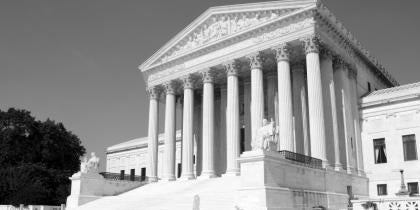 Scotus On Religious Exemptions To Nondiscrimination Laws
Scotus On Religious Exemptions To Nondiscrimination Laws
 The Supreme Court S New Conservative Majority Including Amy Coney Barrett Is Asked To Consider Key Religious Liberty Decision The Washington Post
The Supreme Court S New Conservative Majority Including Amy Coney Barrett Is Asked To Consider Key Religious Liberty Decision The Washington Post
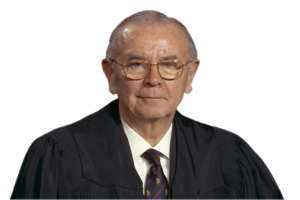 Employment Division Department Of Human Resources Of Oregon V Smith Oyez
Employment Division Department Of Human Resources Of Oregon V Smith Oyez
 Religious Liberty Core Court Cases Teaching American History
Religious Liberty Core Court Cases Teaching American History
Http Law Lclark Edu Live Files 9605 Lcb103petersonpdf
In New Term Supreme Court Once Again Takes Up Religious Liberty National Catholic Reporter
 Tracking Faith Based Legal Challenges To Pandemic Orders Church Law Tax
Tracking Faith Based Legal Challenges To Pandemic Orders Church Law Tax
Free Exercise Of Religion And The First Amendment
Https Heinonline Org Hol Cgi Bin Get Pdf Cgi Handle Hein Journals Ilr76 Section 40
 Approaching Civil Liberties Amendments Are Subject To Interpretation There Are Gaps Between The Words Of The Amendments And Reality The Language May Seem Ppt Download
Approaching Civil Liberties Amendments Are Subject To Interpretation There Are Gaps Between The Words Of The Amendments And Reality The Language May Seem Ppt Download
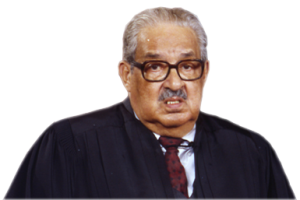 Employment Division Department Of Human Resources Of Oregon V Smith Oyez
Employment Division Department Of Human Resources Of Oregon V Smith Oyez
Free Exercise Of Religion And The First Amendment
 Supreme Court Cases Key Cases Precedents Dred Scott V Sandford A Slave Lived In Slave And Then Free Territory Subsequently Suing For His Freedom Ppt Download
Supreme Court Cases Key Cases Precedents Dred Scott V Sandford A Slave Lived In Slave And Then Free Territory Subsequently Suing For His Freedom Ppt Download
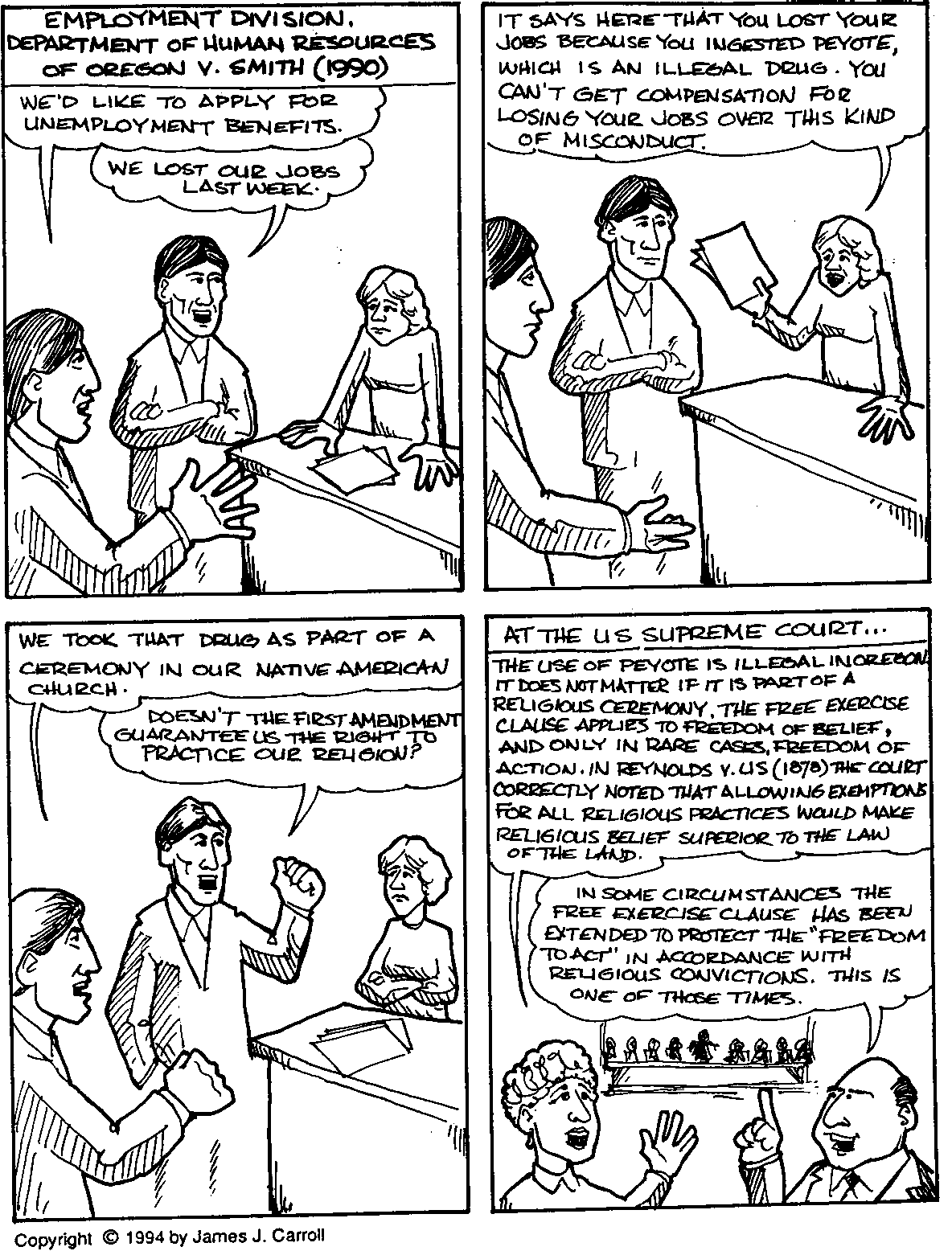 Lesson 7 Religion The Constitution
Lesson 7 Religion The Constitution
Free Exercise Of Religion And The First Amendment
Https Interfaithalliance Org Free Exercise Clause Cards Master
Introduction Free Exercise Clause Library Guides At University Of Missouri Libraries
 Employment Division Department Of Human Resources Of Oregon V Smith Teaching American History
Employment Division Department Of Human Resources Of Oregon V Smith Teaching American History
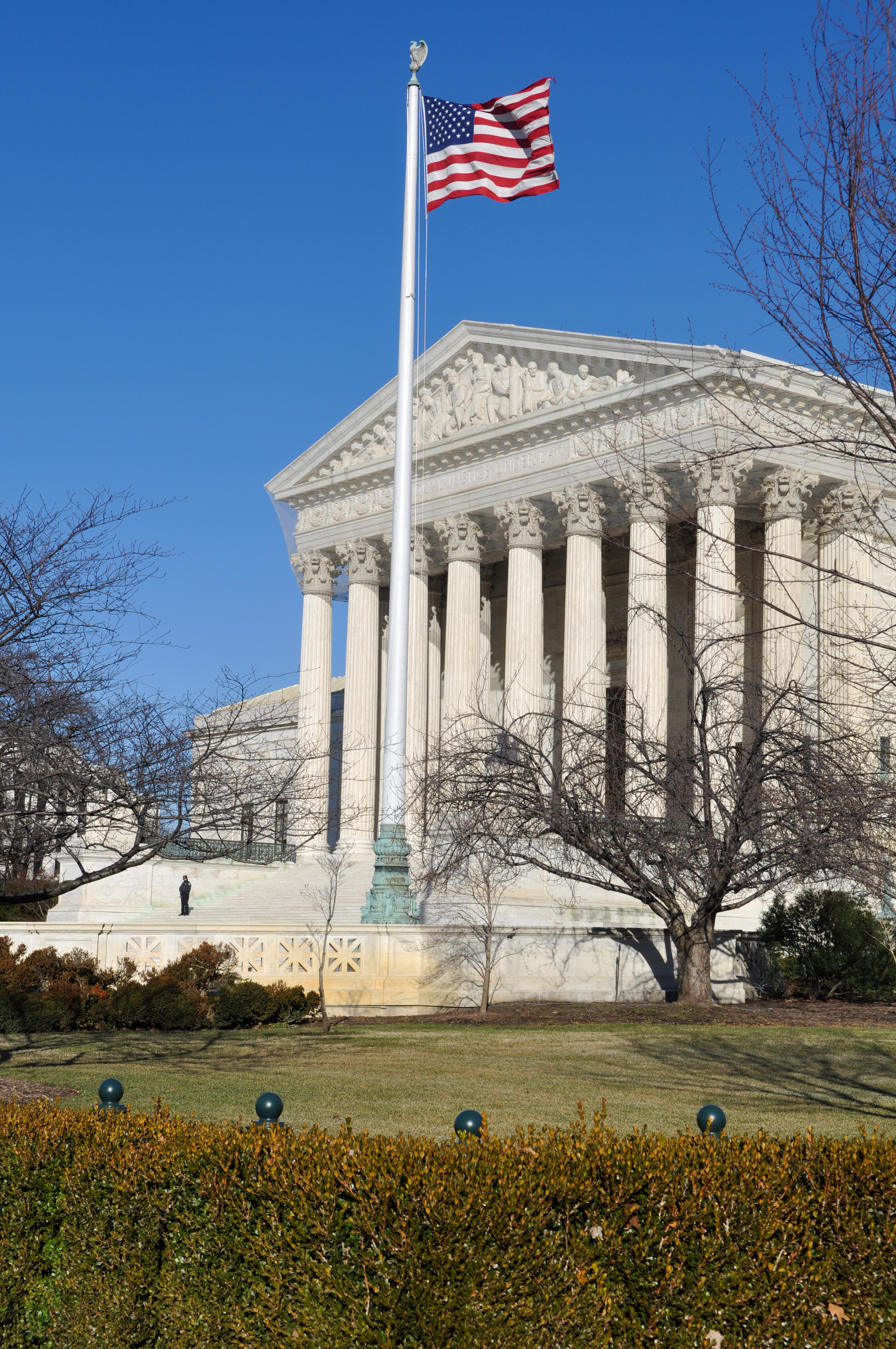 Holt V Hobbs Oklahoma Bar Association
Holt V Hobbs Oklahoma Bar Association
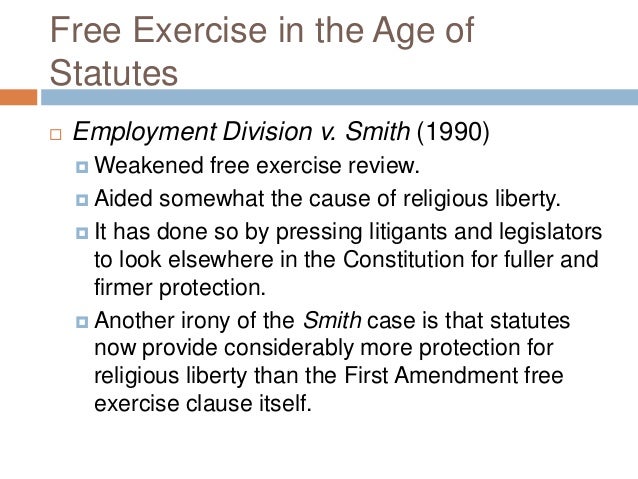
Post a Comment for "In Employment Division V. Smith The Supreme Court Was Interpreting The"